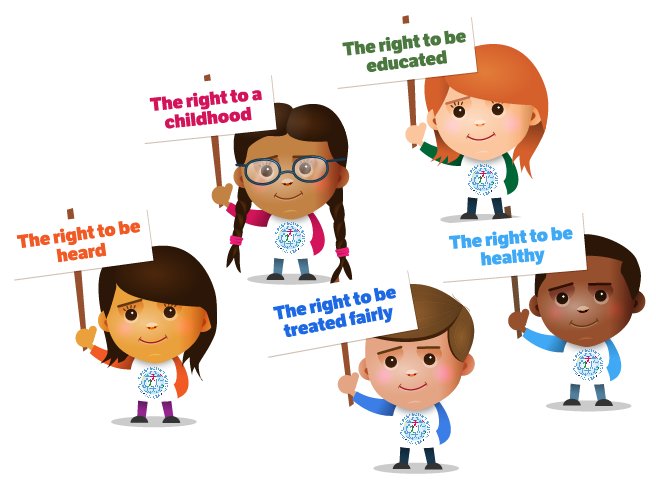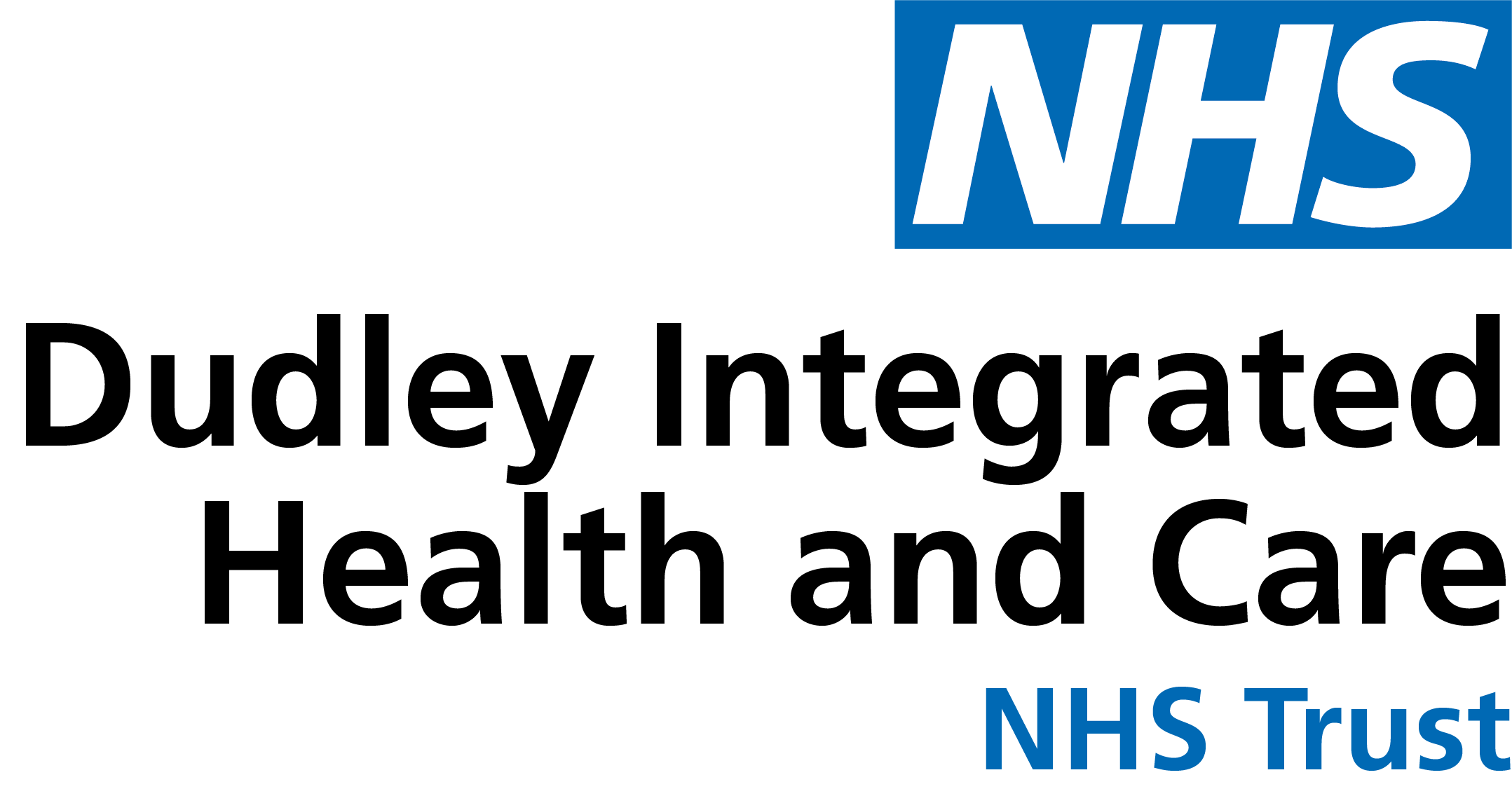Young Person's Page

Why is the Working Together guidance important to children?
Working Together to Safeguard Children (usually just called Working Together) tells different professionals – like teachers, doctors, school nurses, health visitors, social workers and others – and organisations working with you and your family, what they should be doing to improve your life and to keep you safe from abuse and neglect.
In Working Together, ‘children’ means anyone who is not yet 18 years old.
Please click here to read. Working together to safeguard children - GOV.UK (www.gov.uk)
A Guide to Keeping You Safe
It is important that you know you have a right to be kept safe from anything that might do you harm; and what professionals are supposed to do. Children and young people told the Children’s Rights Director for England that being kept safe from harm is the most important right they have.
Keeping you safe online - the internet, relationships and you
Always Remember: Abuse is Never Your Choice and is Never Your Fault
Young persons guide to WT 2018
https://www.childrenscommissioner.gov.uk/wp-content/uploads/2017/07/Working-together-to-safeguard-children.pdf
What is Child Abuse?
Below is information about the types of abuse that can happen, and who you can contact if you want to talk to a professional about anything that is worrying you.
There are different kinds of abuse. These include:
Physical Abuse
Emotional abuse
Sexual abuse
Neglect
Seeing other people being hurt
Bullying and discrimination
Physical abuse
This is when someone physically hurts or harms a child or young person. This includes:
- hitting
- squeezing
- biting
- twisting limbs
- burning
- poisoning
- violently shaking a baby
Emotional Abuse
This includes:
- name calling
- being threatened
- being made fun of or made to feel small
- seeing violence between people who care for you
Sexual Abuse
This includes:
- being touched in a way you don’t like
- being forced to have sex
- be made to look at sexual pictures or videos
Neglect
This includes:
- having nowhere to stay
- not having enough food to eat
- not having clothes that keep warm
Bullying and Discrimination
Bullying and discrimination are also forms of abuse, whether the bully is another child or young person or an adult. Bullying includes:
- hitting
- taking someone’s personal things
- name-calling
- racist bullying
- being bullied because of being gay
- being bullied via the Internet or by mobile phone.
- Abuse creates all kinds of emotions, including feeling frightened, confused, alone, guilty, unloved, and ashamed.
If something is worrying you, it is important to talk to someone you trust, any information you share will be confidential.
Domestic Abuse
Domestic abuse is any type of controlling, bullying, threatening or violent behaviour between people in a relationship. But it isn’t just physical violence – domestic abuse includes any emotional, physical, sexual, financial or psychological abuse. It can happen in any relationship, and even after the relationship has ended. Both men and women can be abused or abusers.
Witnessing domestic abuse is child abuse, and teenagers can suffer domestic abuse in their relationships. Domestic abuse can seriously harm children and young people.
If you are a child or young person witnessing domestic violence in the home you may be feeling very alone, frightened, depressed, confused, isolated. Your schoolwork may be suffering, you may be experiencing difficulties in making friends and relationships, you may be harming yourself in some way as a means of coping with the situation at home.
It is important to talk to someone about how you are feeling!
SupportLine is a confidential telephone helpline which will enable you to talk to a helpline worker about what is going on for you. You can contact them here
Or you can speak to a trained counsellor from the NSPCC here
Female Genital Mutilation (FGM, Female circumcision, cutting, sunna)
Female Genital Mutilation (FGM), also called female circumcision, cutting or sunna, is when a girl’s private parts (external genitalia) are cut away. Sometimes they are sewn up too.
For further information and help please contact childline by clicking here
Abuse experienced in Education
The NSPCC have launched a new dedicated helpline
- for children and young people who have been victims of abuse at school and
- for worried adults and professionals that need support and guidance.
The new NSPCC helpline is called Report Abuse in Education and will provide support to:
• All children and young people making current and non-recent disclosures of abuse in schools and colleges.
• Any children and young people who may want to talk about being involved or who have witnessed any incidents.
If you've experienced abuse at school recently or in the past - or you're worried about someone who has - contact us.
Call us on 0800 136 663
Email us at help@nspcc.org.uk
The helpline is also available for
• Adults regarding non-recent abuse.
• Parents and carers in respect of any concerns they have regarding their own or other children.
• Professionals who may be working in a school requiring support or in any related
matter.
Where can I get help?
Help in Dudley
You can speak to someone in Dudley if you feel you are scared or in danger by clicking the link below and ringing the number
http://safeguarding.dudley.gov.uk/report-it/
Staying Safe online
You can find information on how to safe online at Thinkuknow. Choose your age group from this list:
- Between 5 and 7 years old
- Between 8 and 10 years old
- Between 11 and 13 years old
- 14+
- Think you know website – information about internet safety and how to report abuse
Keeping yourself safe
Safety Net is a charity which helps children and young people feel safe and confident
Feeling like running away?
Whatever you tell us at Runaway Helpline we’ll listen and offer support. Not judge or tell you what to do. It’s your call.
Runaway Helpline is here if you are thinking about running away, if you have already run away, or if you have been away and come back.
You can also contact us if you are worried that someone else is going to run away or if they are being treated badly or abused.
Runaway Helpline has been supporting young people for many years and is run by the UK charity Missing People. Our staff and volunteers are trained professionals who want to help you through anything you are finding tough.
To visit the website: http://www.runawayhelpline.org.uk/
You can call or text us, for free, 24 hours a day. You can also email us on . It’s all confidential.
The number to call is 116 000
Are you being bullied?
Help is available from the following places
- https://www.anti-bullyingalliance.org.uk/tools-information
- http://www.nspcc.org.uk/preventing-abuse/child-abuse-and-neglect/bullying-and-cyberbullying/
- Kidscape website – preventing bullying of children and young people – telephone 08451 205 204 https://www.kidscape.org.uk/
Dudley IZone
Click here to view Dudley I Zone Information Portal designed specifically for children and young people.
Izone is an iconic platform designed and developed with young people at the request of young people across Dudley. It has already been described as “ like no other website that I have seen for children and young people”. Staff have all worked with over 250 young people to realise the vision and to create a one stop information service where they can access trusted local and national websites in just three clicks! Alongside this trusted information you will find an interactive map which enables children, young people, parents and professionals to find voluntary sector services and activities across the borough. “ it’s so simple just hover and look!”
Do you feel unsafe and scared?
Childline runs a free 24 hour helpline.
Childline is confidential – they won’t tell anyone about your call unless you want them to or if you are in danger.
Call free on 0800 1111, speak to a counsellor online or visit the explore section for information and advice on a range of topics.
You can also text the NSPCC helpline anonymously on 88858.
Other help
- Frank website – national drugs helpline – telephone 0800 77 66 00
- The What Centre: Registered charity specialist in Young Peoples’ Advice and Information Services and Counselling. The What? Centre Limited (thewhatcentre.co.uk)
- Kids is a national charity supporting disabled children, young people and their families. KIDS - Care & Share (careandshare.uk)
- Dudley Cedar Centre. Advice for young people who are experiencing domestic abuse at home, with a partner or feel that they are being exploited (taken advantage of). Information for Children and Young People - Black Country Womens Aid
- If you are struggling with your mental health YoungMinds - children and young people's mental health charity


